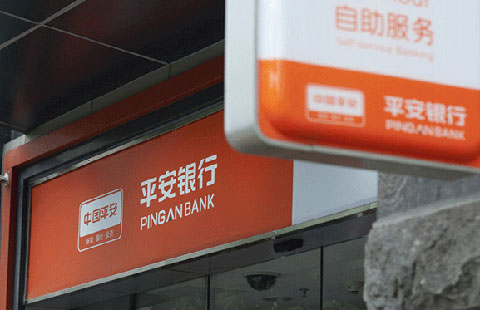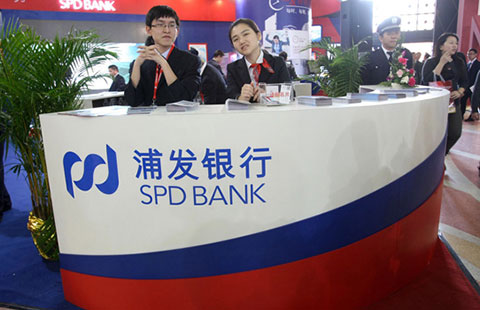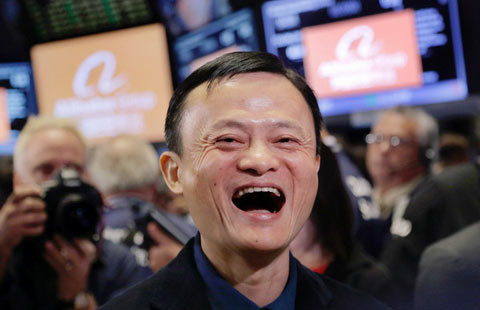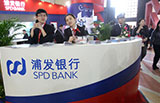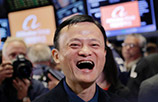French authorities help root out fake online goods
By Hao Na (China Daily) Updated: 2015-06-10 10:27Barbier said the charter also provides some reactive measures. For example, sanctions against sellers of counterfeit goods include a six-month suspension or closing of their accounts.
After 18 months of the charter being in place, the volume of online fake products significantly decreased, as did the number of claims, he added.
The mechanism has already become an industrial standard in France and is also widely promoted abroad as an example of good practice. The European Union adopted a similar initiative in 2011.
Yung and his team wanted to share the mechanism with China and hoped to be supported by related authorities. "Chinese governmental agencies were carrying out research based on the country's specific situations," Yung said.
However, the French authorities and large French companies are developing contacts with the major Chinese e-commerce platforms, social media platforms and search engines to offer assistance to implement the tools, Barbier said.
"The system of filters is also suitable for geographical indications, especially for well-known names which are misused by online sellers to designate products not coming from the region, thus damaging the image of the GI products," said Wang Wei, director of the French Champagne Bureau in China.
- How to tell fake luxury products from real ones
- Fake cigarettes go up in smoke to generate electricity
- Regulator urges to 'name and shame' e-commerce fraudsters
- Alibaba shares close at new low on fake orders
- Alibaba: SEC seeking information on fight over fake goods
- China's commerce regulator meets Alibaba chairman Jack Ma
- Alibaba wants US small businesses: Ma
- 'Tough path' lay ahead for China's IP sector
- China's top coal firms dismiss merger rumors
- Chinese legend is now global player
- Putting the fizz back into domestic soda market
- Tickling the palates of China's hungry middle-class
- China A-shares on track for inclusion in global benchmarks
- Chile a 'natural' draw for affluent Chinese tourists
